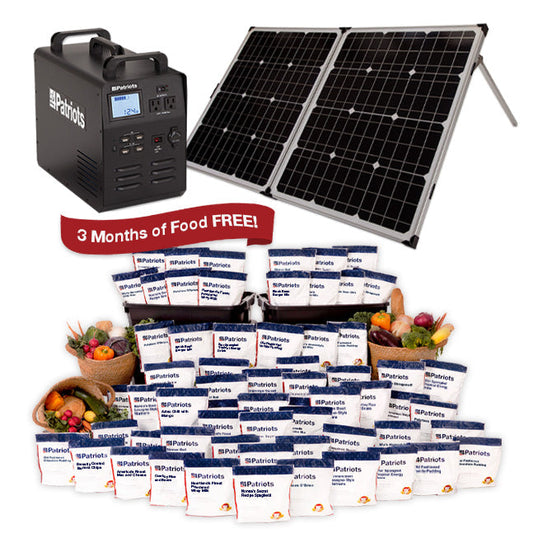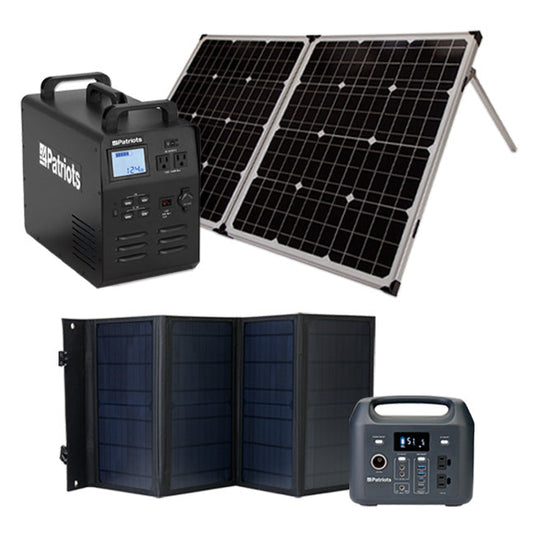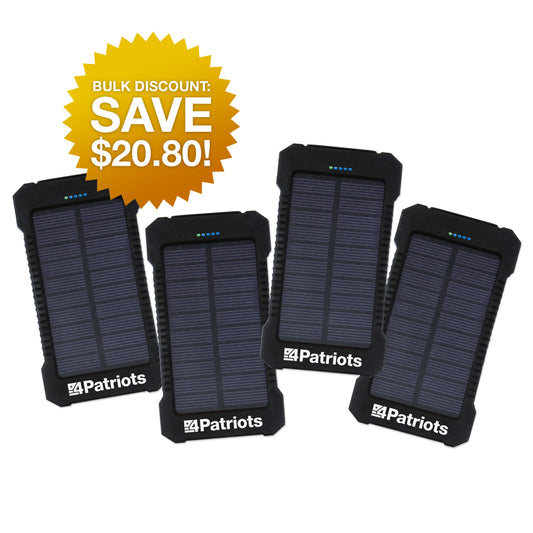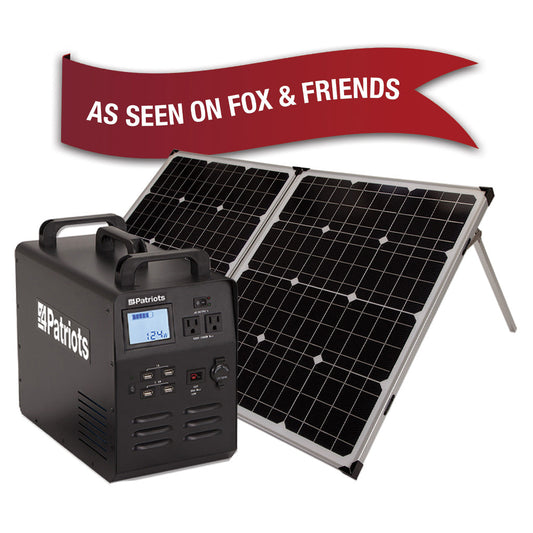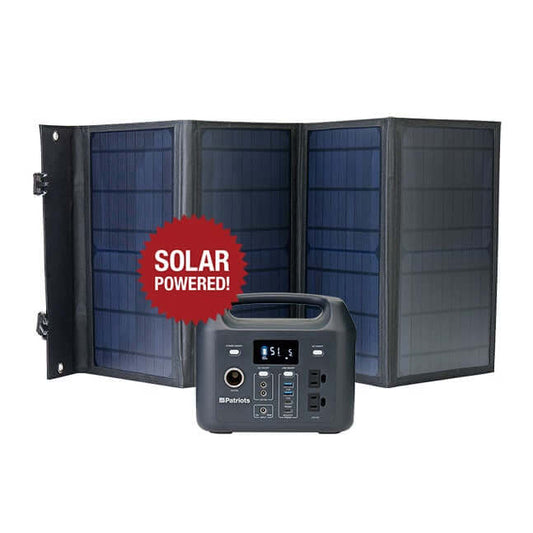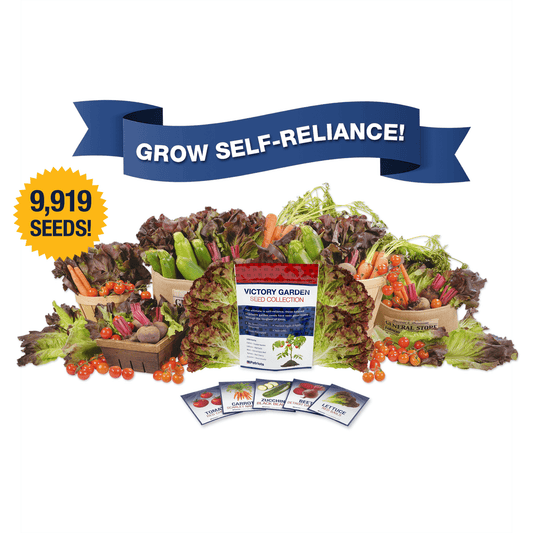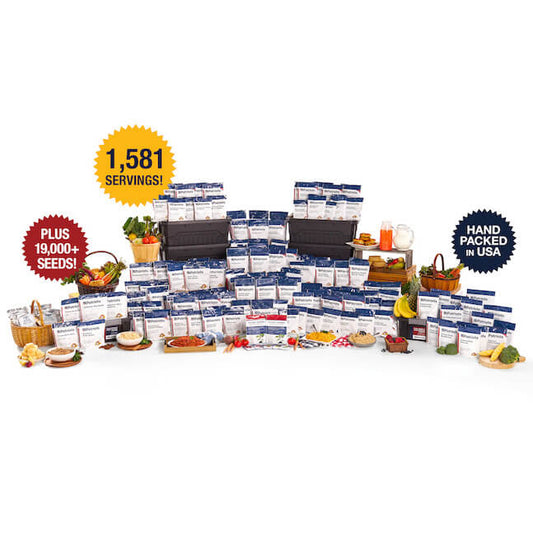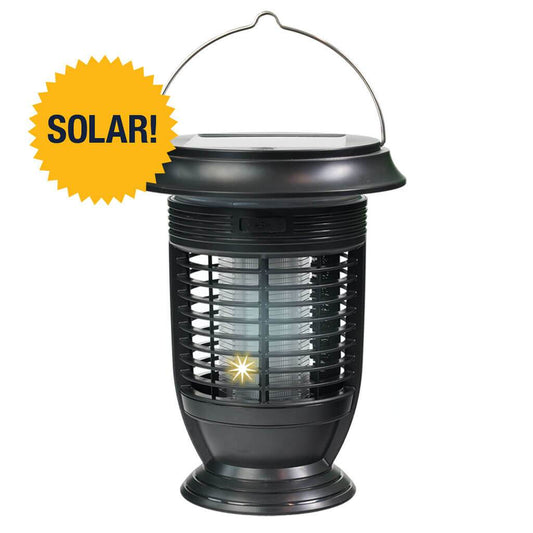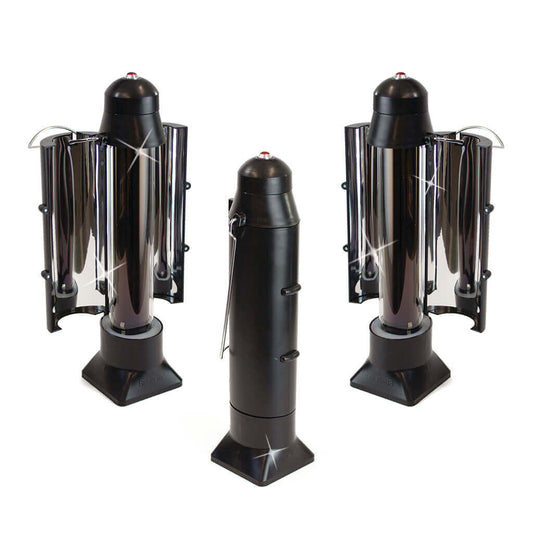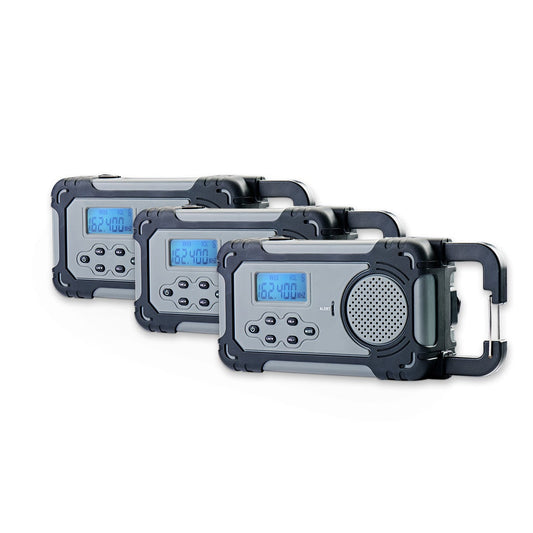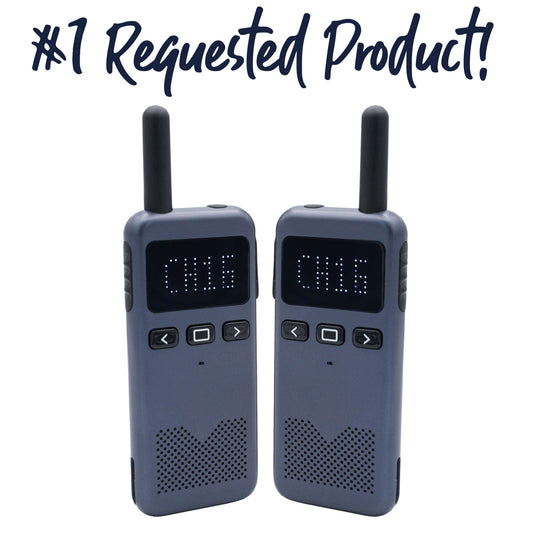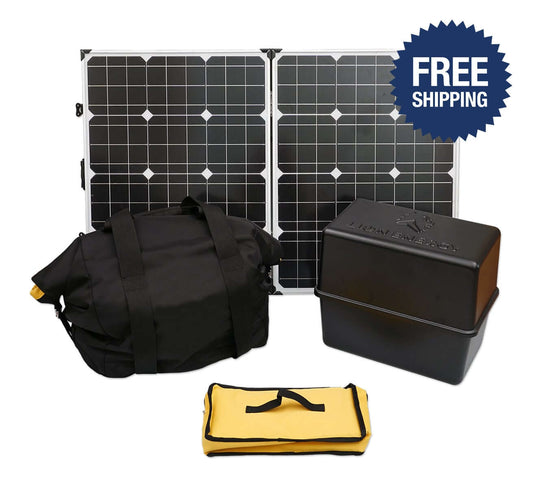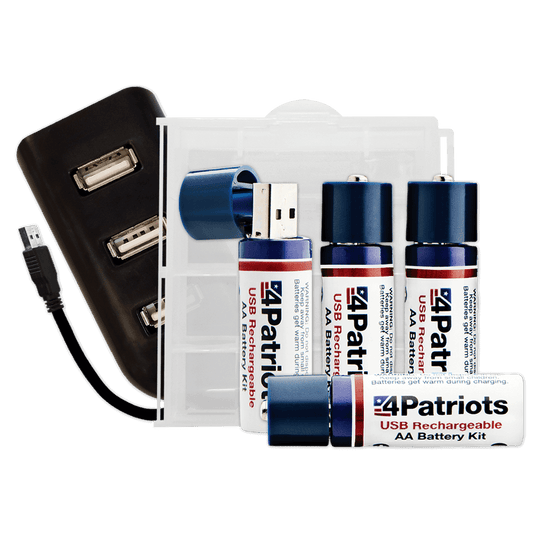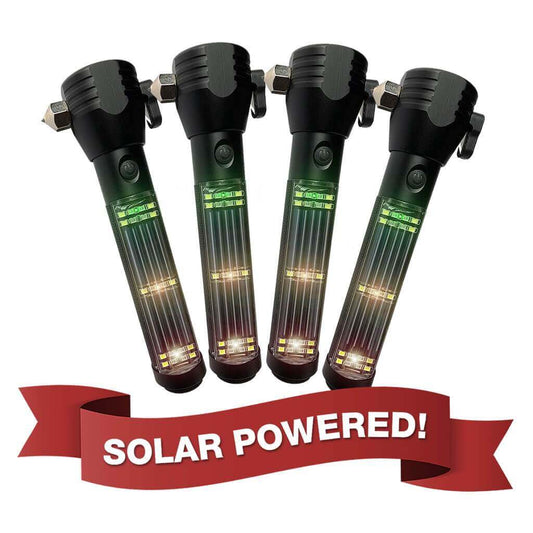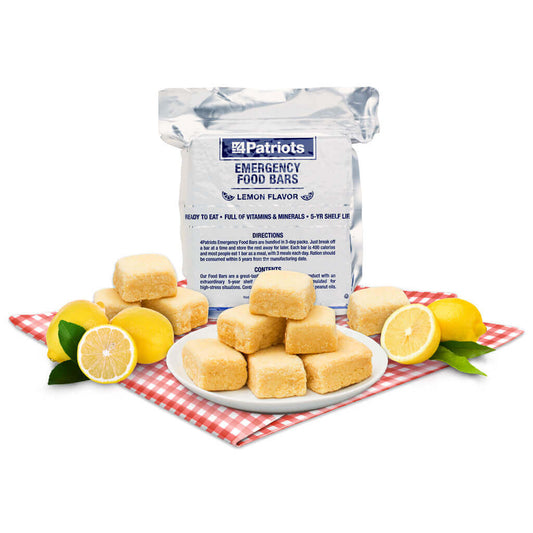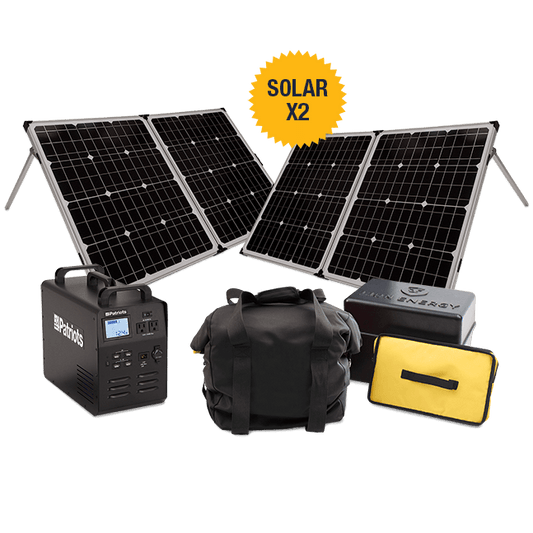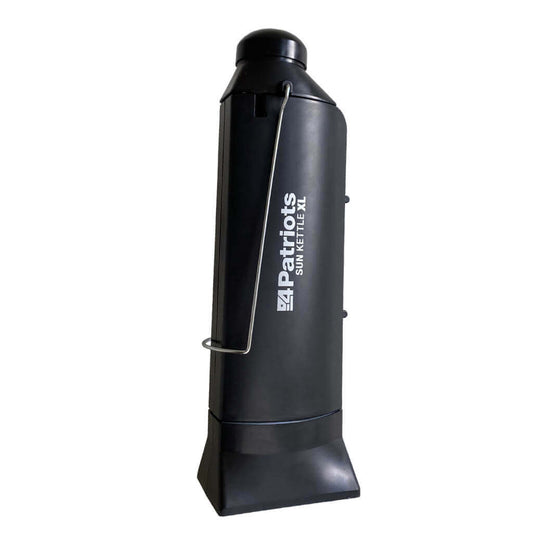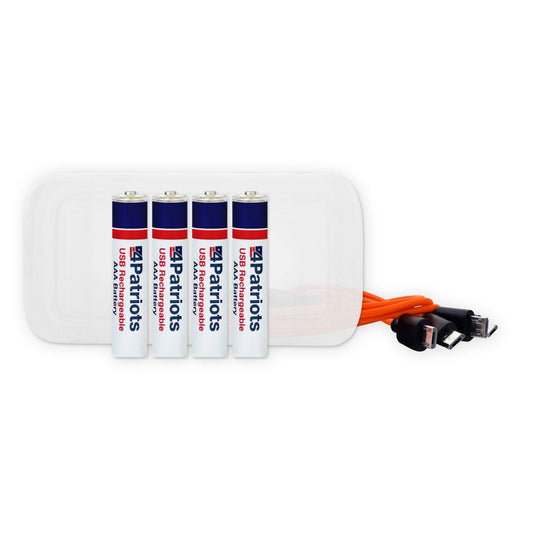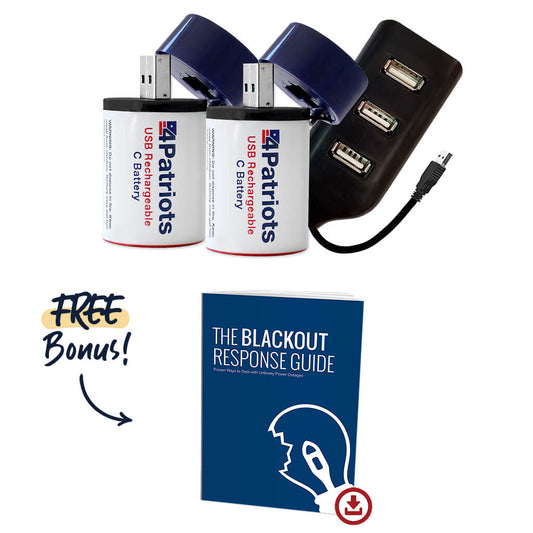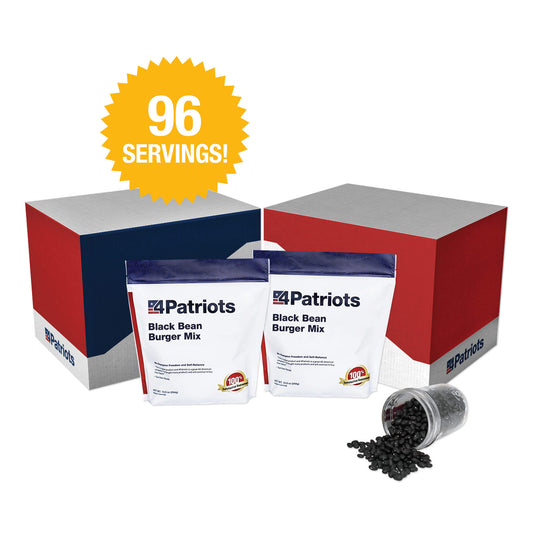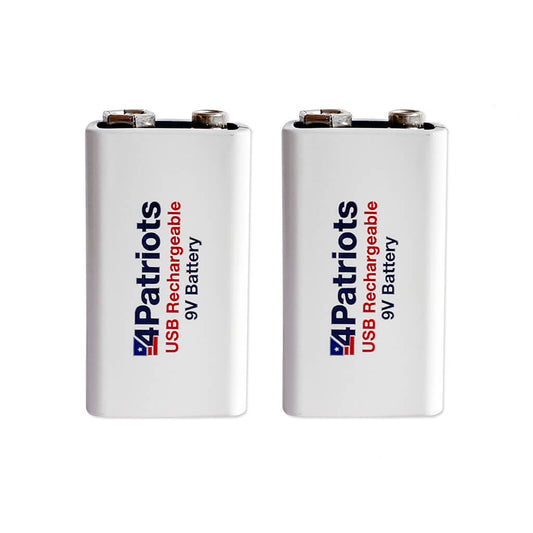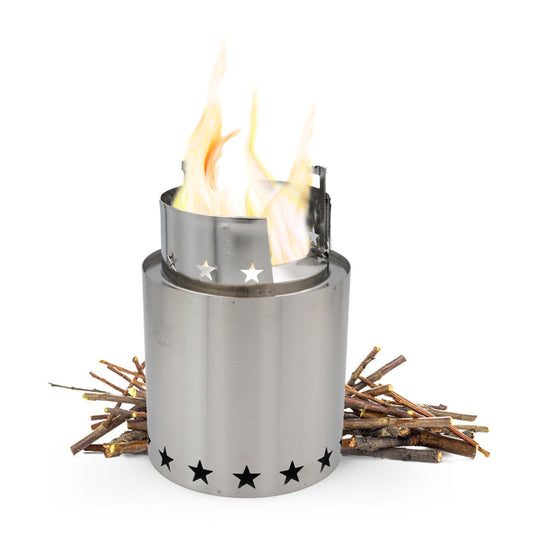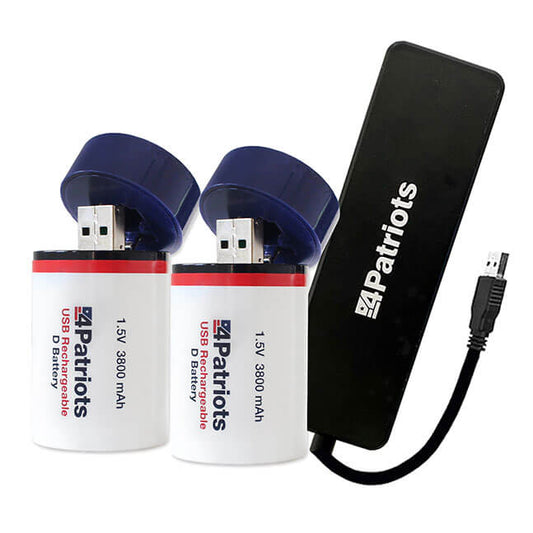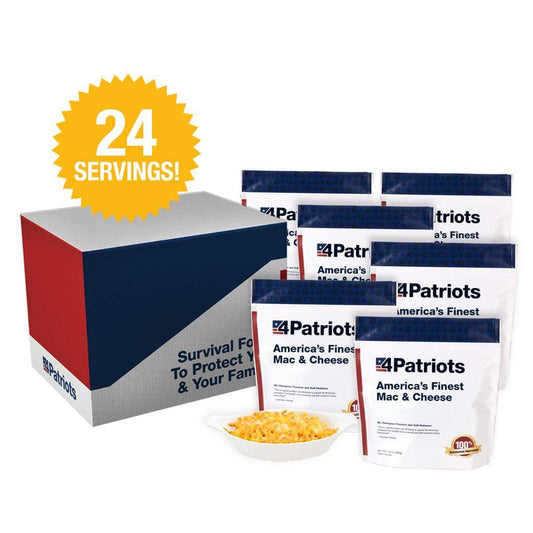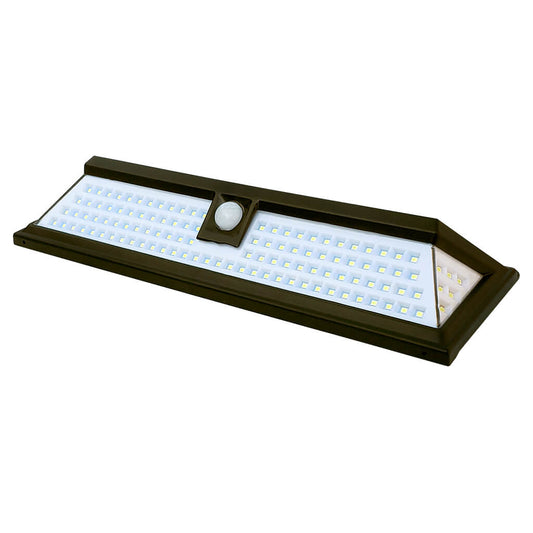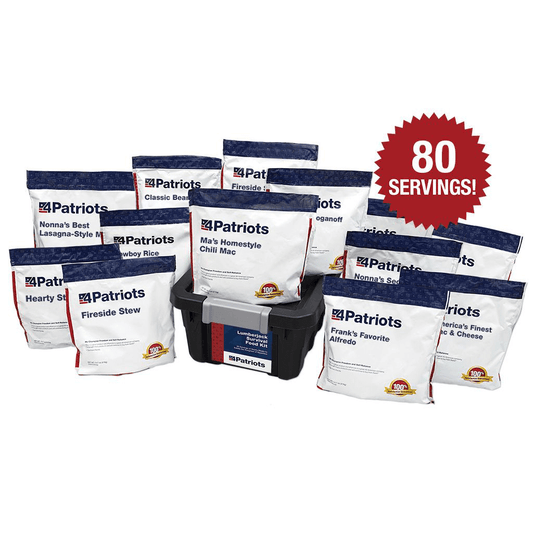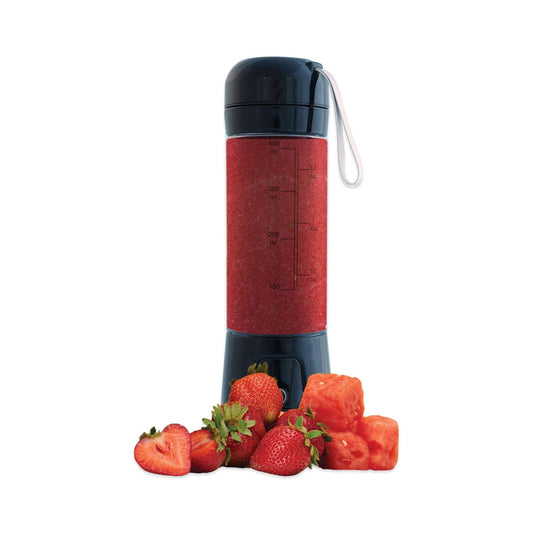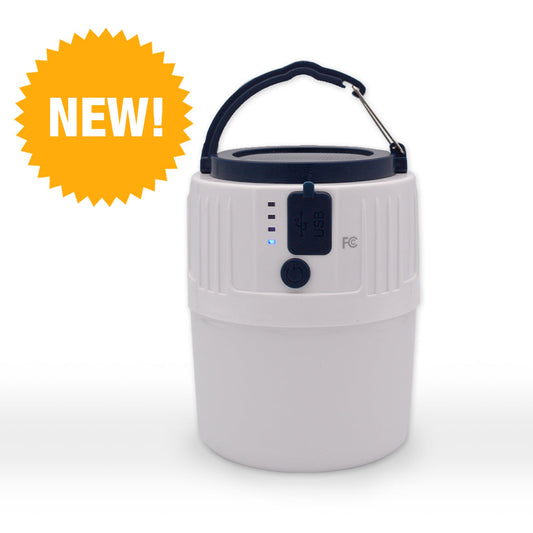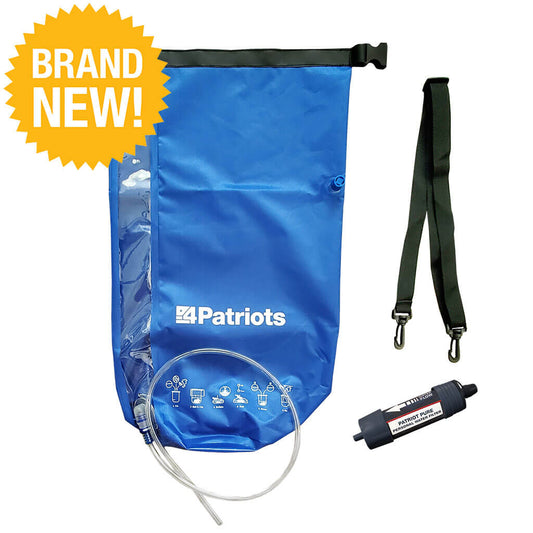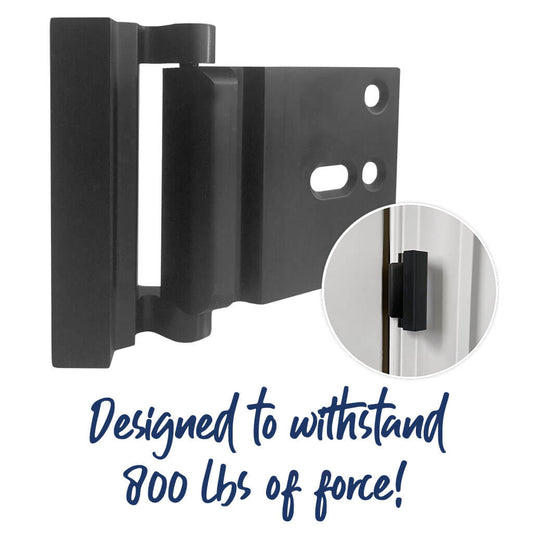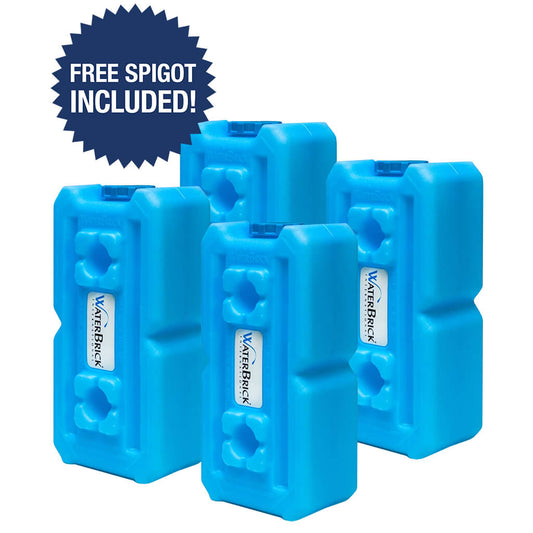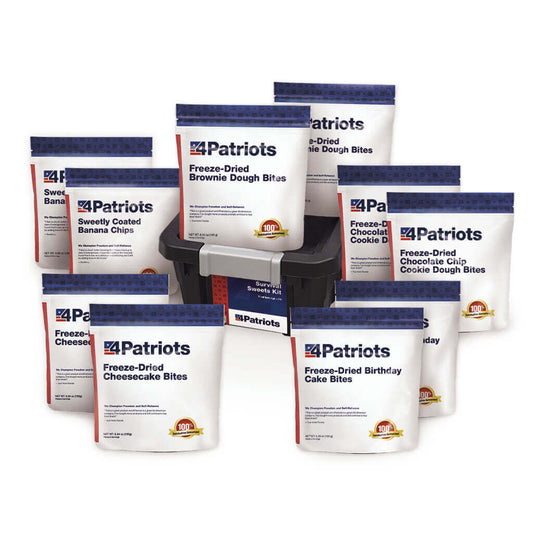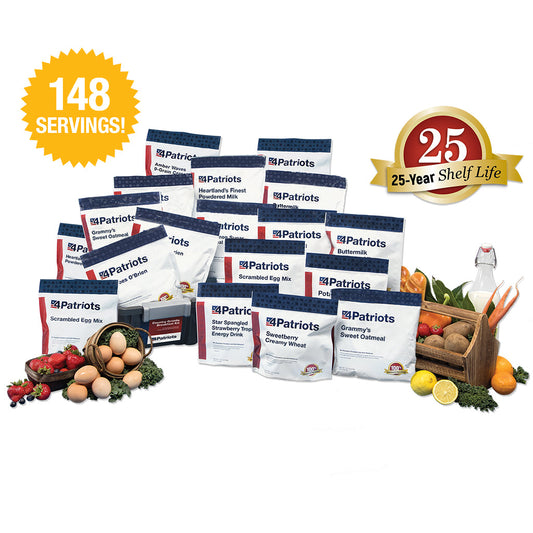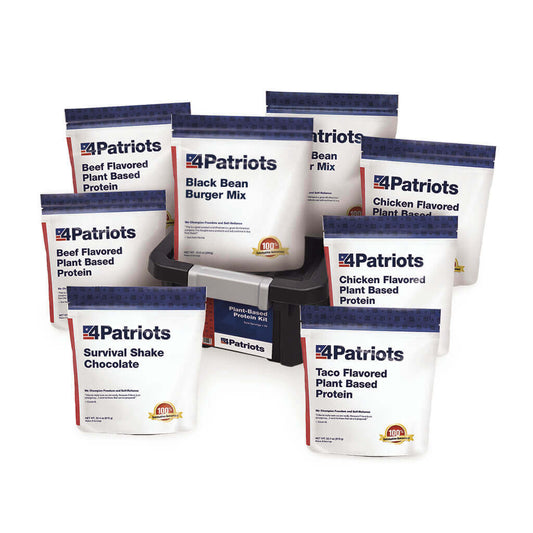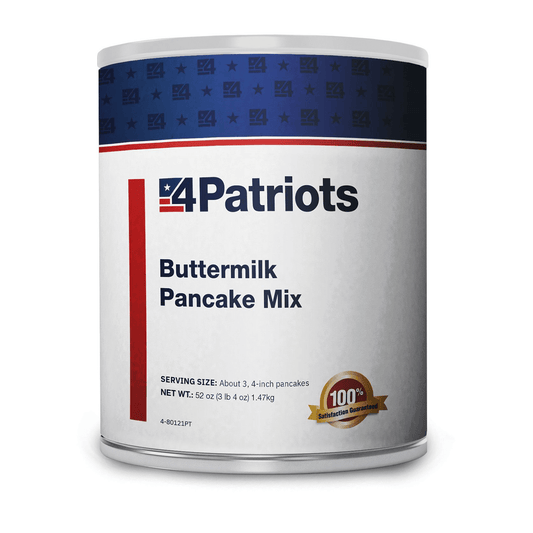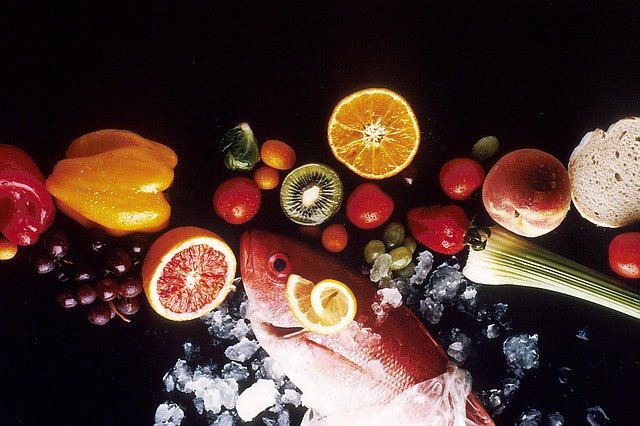
Best Ways to Keep Food Cold During a Power Outage

What’s the worst thing about a power outage?
The answer to that question depends on a variety of factors. Including where you live and what time of year it is. As well as any health conditions you might have.
Stumbling around in the dark is not fun. But there are worse problems connected to a blackout.
The loss of heat during a frigid spell is one. As is the loss of air conditioning during a heat wave. Either could be life-threatening.
And what if you’re dependent on refrigeration for your medicine? Or on an electrical device to keep your heart beating regularly? That’s pretty serious stuff.
A Common Goal
We all live in different areas of the country. We experience blackouts at different times of the year. And we have different health conditions.
But one thing we all have in common is this. We want to keep our food cold in refrigerators and freezers.
We worked hard to earn money to buy that food. The last thing we want is for food in a fully-stocked refrigerator and freezer to go bad because our power went out.
Spoiler Alert – The good news is you can keep your food fresh, safe and cold, even in a blackout. More on that in a moment.
Hitting Close to Home
There’s a reason this subject is top of mind for me. Less than three months ago, we here at 4Patriots got a big scare.
On the night of March 2 and the morning of March 3, a tornado outbreak struck downtown Nashville where we’re based. As well as at nearby Cookeville.
The tornadoes killed 25 people and injured 300. With winds reaching 175 miles per hour, the destruction was massive.
More than 70,000 people lost electrical power. The storm caused nearly $1 billion in damage. It was a full week before some folks had power restored.
Tips and Tricks
As a general rule, food in a refrigerator should be good for four hours after the power goes out. In a freezer, it should stay safe for 24 to 48 hours.
But when an outage extends longer than those time periods, that spells trouble. You’re in danger of losing the food you need to feed yourself and your family.
Fortunately, there are some tips and tricks to help you keep your food safe longer.
Today I want to share some of them with you. They just might come in handy next time a power outage occurs in your neck of the woods.
Keep Those Doors Closed
Here’s something to always remember. When the power goes out, there is a temptation to open the freezer and refrigerator periodically.
Understandably, people want to check on the status of their food. But don’t do it. Every time those doors open, warm air gets in. That shortens the life of your food.
Keep your freezer and refrigerator doors closed except for removing an item you want to cook or eat right away. Or quickly moving some items from the refrigerator to the freezer.
The magic temperature is 45 degrees Fahrenheit. If you can keep your food at that temperature or lower, it should be safe to eat. Keeping the doors closed will help.
Meat Down, Vegetables Up
Whenever possible, keep your freezer and refrigerator full. Food will stay safe during a power outage in a full freezer longer than in a half-full freezer. Same with your refrigerator.
If your refrigerator or freezer is not full, at least group your foods together. Rather than having them spread out.
Because heat rises – even inside a refrigerator – the bottom portion of your refrigerator is colder than the top.
So, keep meat and fish in the lower levels. Fruits and vegetables can be placed on the higher shelves.
Stock Up on Ice
The more ice you have available, the better you can keep your food cold during a blackout.
In addition to filling your ice trays regularly, place a couple of bags of ice in your kitchen or garage freezer.
You could even freeze water in Tupperware containers. But don’t fill them, because water expands when it freezes. It might break those containers.
When a blackout extends beyond several hours, you can put ice in coolers. Then move some food from your freezer and refrigerator to those coolers.
And if it’s colder outside than inside, you might want to set those coolers outside your door.
Thermometer Beats a Taste Test
Earlier I mentioned that you don’t want your refrigerated food to get above 45 degrees. The best way to ensure that is by keeping a thermometer inside your refrigerator and freezer.
These thermometers are inexpensive. They’ll be a big help in determining whether food has gone bad during and following an outage.
If you don’t have a thermometer, don’t make the mistake of testing your food by tasting it. You’re better off throwing something out than getting sick from eating it.
Refrigerated perishable food will go bad after four hours. Including meat, poultry, fish, eggs, milk and leftovers. When in doubt, toss it out.
The Answer: Patriot Power Generator 1800
As I hinted at before, there is one BEST way to ensure that food in your refrigerator and freezer stays safe during a power outage.
And that’s by powering those appliances with a solar-powered generator.
Our recommendation is the Patriot Power Generator.
Go here to learn more about the solar power-house
Featured Products
- Regular price
- From $1,134.95
- Regular price
-
- Sale price
- From $1,134.95
- Unit price
- per
- Regular price
- $353.70
- Regular price
-
- Sale price
- $353.70
- Unit price
- per
- Regular price
- $3,546.89
- Regular price
-
$4,536.96 - Sale price
- $3,546.89
- Unit price
- per
- Regular price
- $3,549.73
- Regular price
-
$4,252.86 - Sale price
- $3,549.73
- Unit price
- per
- Regular price
- From $42.54
- Regular price
-
$170.17 - Sale price
- From $42.54
- Unit price
- per
- Regular price
- $3,549.73
- Regular price
-
- Sale price
- $3,549.73
- Unit price
- per
- Regular price
- $708.81
- Regular price
-
- Sale price
- $708.81
- Unit price
- per
- Regular price
- $41.19
- Regular price
-
- Sale price
- $41.19
- Unit price
- per
- Regular price
- $3,971.61
- Regular price
-
- Sale price
- $3,971.61
- Unit price
- per
- Regular price
- $42.54
- Regular price
-
- Sale price
- $42.54
- Unit price
- per
- Regular price
- $137.78
- Regular price
-
- Sale price
- $137.78
- Unit price
- per
- Regular price
- $7,100.89
- Regular price
-
- Sale price
- $7,100.89
- Unit price
- per
- Regular price
- $70.95
- Regular price
-
- Sale price
- $70.95
- Unit price
- per
- Regular price
- From $98.01
- Regular price
-
- Sale price
- From $98.01
- Unit price
- per
- Regular price
- $285.51
- Regular price
-
- Sale price
- $285.51
- Unit price
- per
- Regular price
- From $129.22
- Regular price
-
$184.59 - Sale price
- From $129.22
- Unit price
- per
- Regular price
- $1,419.04
- Regular price
-
- Sale price
- $1,419.04
- Unit price
- per
- Regular price
- $42.54
- Regular price
-
- Sale price
- $42.54
- Unit price
- per
- Regular price
- From $41.90
- Regular price
-
$44.02 - Sale price
- From $41.90
- Unit price
- per
- Regular price
- $183.24
- Regular price
-
- Sale price
- $183.24
- Unit price
- per
- Regular price
- From $38.35
- Regular price
-
$567.90 - Sale price
- From $38.35
- Unit price
- per
- Regular price
- $4,963.09
- Regular price
-
- Sale price
- $4,963.09
- Unit price
- per
- Regular price
- From $282.67
- Regular price
-
$291.90 - Sale price
- From $282.67
- Unit price
- per
- Regular price
- $141.98
- Regular price
-
- Sale price
- $141.98
- Unit price
- per
- Regular price
- $42.54
- Regular price
-
- Sale price
- $42.54
- Unit price
- per
- Regular price
- $12.77
- Regular price
-
$42.54 - Sale price
- $12.77
- Unit price
- per
- Regular price
- $141.98
- Regular price
-
- Sale price
- $141.98
- Unit price
- per
- Regular price
- $42.54
- Regular price
-
- Sale price
- $42.54
- Unit price
- per
- Regular price
- $85.16
- Regular price
-
- Sale price
- $85.16
- Unit price
- per
- Regular price
- $17.02
- Regular price
-
$42.54 - Sale price
- $17.02
- Unit price
- per
- Regular price
- $63.85
- Regular price
-
$63.85 - Sale price
- $63.85
- Unit price
- per
- Regular price
- $35.44
- Regular price
-
$70.95 - Sale price
- $35.44
- Unit price
- per
- Regular price
- $163.28
- Regular price
-
- Sale price
- $163.28
- Unit price
- per
- Regular price
- $268.47
- Regular price
-
- Sale price
- $268.47
- Unit price
- per
- Regular price
- $708.81
- Regular price
-
- Sale price
- $708.81
- Unit price
- per
- Regular price
- $85.16
- Regular price
-
- Sale price
- $85.16
- Unit price
- per
- Regular price
- $56.75
- Regular price
-
- Sale price
- $56.75
- Unit price
- per
- Regular price
- $85.16
- Regular price
-
- Sale price
- $85.16
- Unit price
- per
- Regular price
- $28.34
- Regular price
-
- Sale price
- $28.34
- Unit price
- per
- Regular price
- $141.98
- Regular price
-
- Sale price
- $141.98
- Unit price
- per
- Regular price
- $98.01
- Regular price
-
- Sale price
- $98.01
- Unit price
- per
- Regular price
- $20.27
- Regular price
-
$31.18 - Sale price
- $20.27
- Unit price
- per
- Regular price
- $213
- Regular price
-
- Sale price
- $213
- Unit price
- per
- Regular price
- $113.57
- Regular price
-
- Sale price
- $113.57
- Unit price
- per
- Regular price
- $56.75
- Regular price
-
- Sale price
- $56.75
- Unit price
- per
- Regular price
- $163.28
- Regular price
-
- Sale price
- $163.28
- Unit price
- per
- Regular price
- $56.75
- Regular price
-
- Sale price
- $56.75
- Unit price
- per
- Regular price
- $141.98
- Regular price
-
- Sale price
- $141.98
- Unit price
- per
- Regular price
- $35.44
- Regular price
-
- Sale price
- $35.44
- Unit price
- per
- Regular price
- $35.44
- Regular price
-
- Sale price
- $35.44
- Unit price
- per





